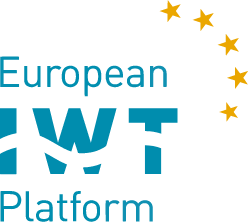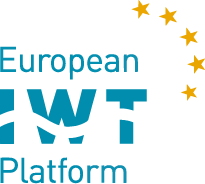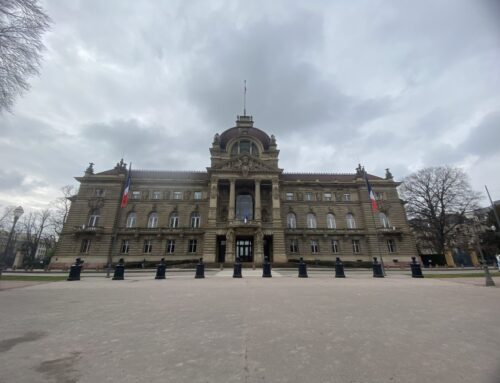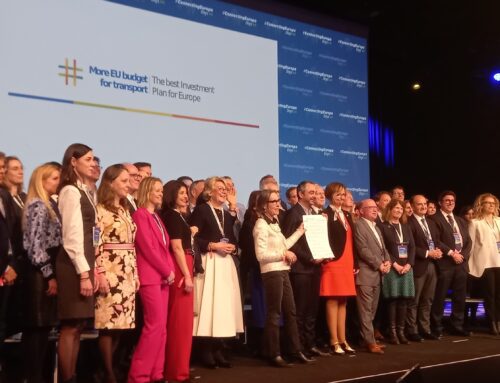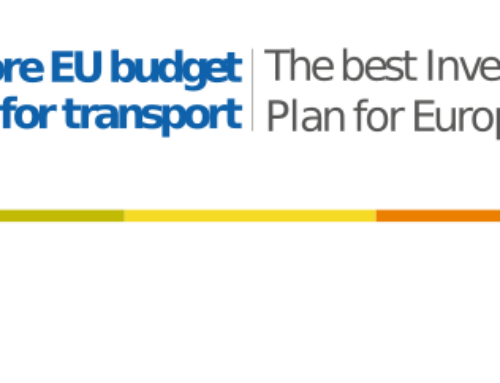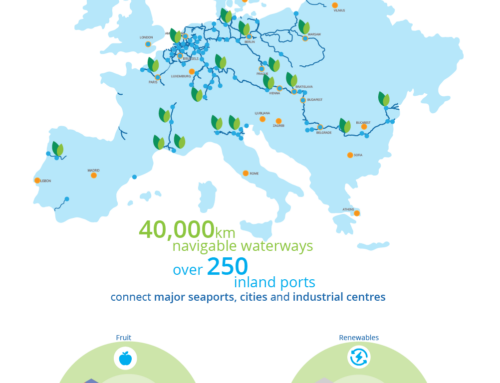The Convention on the collection, deposit and reception of waste produced during navigation on the Rhine and inland waterways (CDNI) aims to protect the environment, and especially water. The CDNI came into force on 1st November 2009 in Belgium, France, Germany, Luxembourg, the Netherlands and Switzerland.
The CDNI/G Working Group meetings are organised twice a year. As approved organisations, EBU and ESO – the founders of the IWT Platform – are invited to give their opinion on the several topics that are put on the agenda. Additionally, every two years, our representatives take part in a hearing where specific issues are being brought up towards the Convention of the Contracting Parties (CCP). Final decisions are always taken by the Contracting Parties.
The CDNI treaty consists of three parts:
1. Part A, oily and greasy waste.
2. Part B, cargo-related waste.
3. Part C, other waste generated from the operation of the vessel.
The agenda of the CDNI/G is mainly determined by these areas.
Part A – oily and greasy waste
In the last meeting, IWT sector presented the results from the international service level survey that was conducted earlier in spring of 2021. The final results confirmed the preliminary ones that were presented at the Roundtable about the future of the system for Part A waste. There is a basic satisfaction with the level of service provided, and a network of disposal facilities should be maintained, however at the same time an appeal for more transparency with regard to the costs was expressed. The collected results can serve as a basis for further discussions. A document with the recommendations from the Roundtable has been approved by the CCP and is included in the Secretariat’s 2022 Work Programme.
Part B – cargo-related waste
A ratification process regarding new CDNI degassing regulations that have been adopted in 2017, is still ongoing. Currently three countries: Belgium, France and Switzerland, have not yet ratified them. Belgium and France informed the other parties that they expect to finalise the process next year, in 2022. Switzerland however confirmed that they expect to be ready only in 2023. Once again, the sector has highlighted its concerns regarding the postponed ratification and the negative consequences for the industry. This topic has been submitted – with a priority – for the agenda of the next hearing.
Alongside this process, the representatives of EBU/ESO/IWTP are also involved in updating the Attestation of Unloading (tanker shipping) to have the document ready for degassing process.
Part C – other waste generated from the operation of the vessel
Regarding Part C, there are ongoing developments that are not always in line with the basis of the CDNI Treaty. For instance, when it comes to the disposal of domestic refuse – according to the Treaty, this should be free of charge for ports, handling facilities, holding areas and locks. Currently, this principle is not correctly implemented everywhere. In our first position, we have declared to be against these divergent developments as in general, the negative consequences are not in favour of the sector, the authorities and, last but not least, the environment.
In order to create an initial base for discussion, an inventory was made with regard to the network of disposal facilities, as well as an investigation of the financing in the respective Contracting States. The result shows that currently there is no uniform network and no uniform financing. The extent to which this is necessary for all types of Part C waste at all, and what concrete form it should take, will be a subject of further discussion.
The next meeting of a CDNI/G Working Group is planned for March 2022.
Image source: CDNI animated film – watch HERE!
Elena Siebrecht & Frank Reijerse
IWTP Sustainability, Environment & Safety Committee
